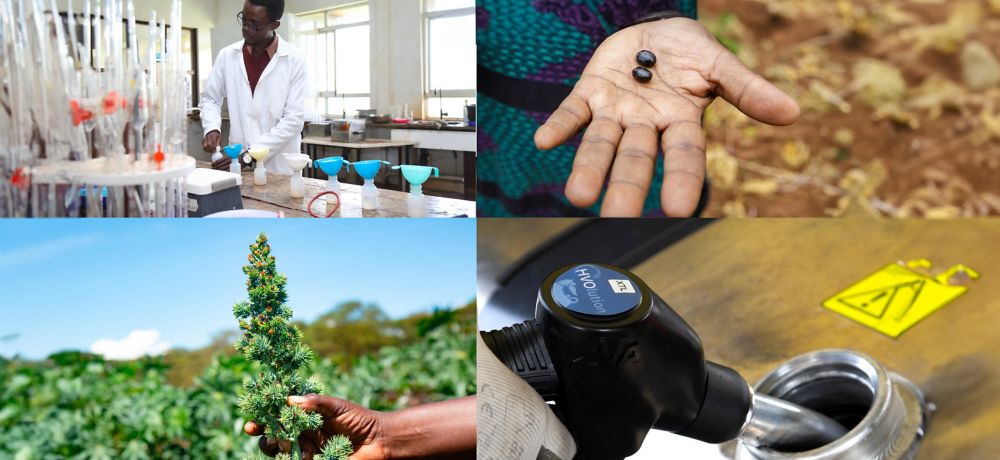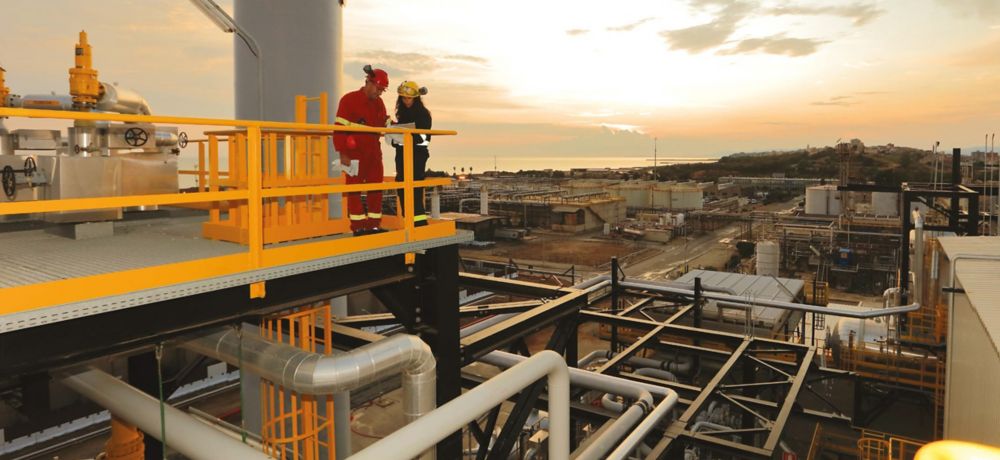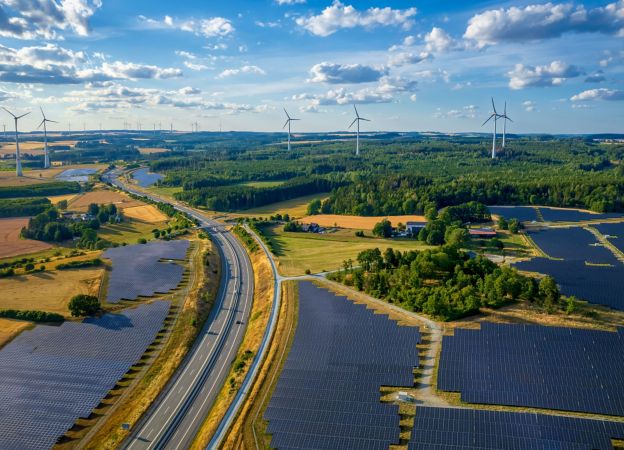MyEni Login
Biofuels, a contribution to the transport transition
Biofuels are fuels that make an important contribution to reducing greenhouse gas emissions in the transport sector.
We produce our biofuels primarily from waste raw materials such as used cooking oil and residues from the agri-food industry. These are processed using Ecofining™, the technology we developed with Honeywell-UOP and use at thef Venice Porto Marghera and Gela biorefineries. This process produces the hydrogenated biofuel HVO (Hydrotreated Vegetable Oil), which we are increasingly distributing through our Enilive Stations under the name HVOlution.
We plan to start and complete the conversion of the Livorno plant into a biorefinery by 2026. In the United States, we hold an interest in the SBR biorefinery in Chalmette (Louisiana), operated by Enilive in a joint venture with PBF Energy. We are planning to build other biorefineries in Malaysia and South Corea. We are also exploring ways to constantly improve the sustainability of our bio-refineries by developing agri-feedstocks - raw materials obtained from crops grown on abandoned or degraded land not in competition with food production.
The raw materials from which we can make biofuels
Thanks to the solutions developed in our research centres, we are technically capable of obtaining biofuels from a wide range of biogenic raw materials.
Towards a new energy
Visit the agri-feedstock projects that contribute to the increasingly sustainable supply of our biorefineries.

Bioethanol from forest biomass
Another existing process when it comes to producing biofuels is Proesa®, a proprietary technology that obtains sustainable bioethanol from woody and cellulose-based waste from forestry processing, developed by Versalis and used at the Crescentino plant. Using special enzymes, lignocellulosic biomass is first converted into second-generation sugars and, through a fermentation process, transformed into advanced ethanol, which is used to formulate petrol with a renewable component. In addition to bioethanol, the process is capable of producing chemical intermediates for other processes, e.g. for the production of disinfectants from the Invix® line.
Ecofining™️: the technology that drives decarbonisation
With our proprietary solution we use raw biogenic materials to produce high quality biofuels.

Bioenergy supports our path to Net Zero
Biomass cultivation and the production of biofuels and biomethane increase production capacity in bioenergy for sustainability.
Read more
Is it possible to power a bus using potato chip oil?
That’s right. They exist and are already being used: biofuels made from vegetable oils - including the ones you make French fries with.
05 October 2023
Eni.com is a digitally designed platform that offers an immediate overview of Eni's activities. It addresses everyone, recounting in a transparent and accessible way the values, commitment and perspectives of a global technology company for the energy transition.
Discover our mission






















